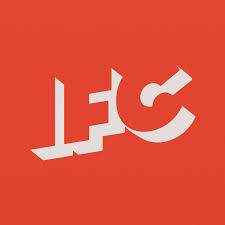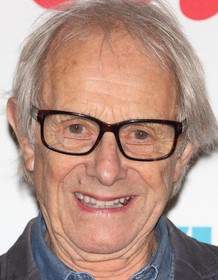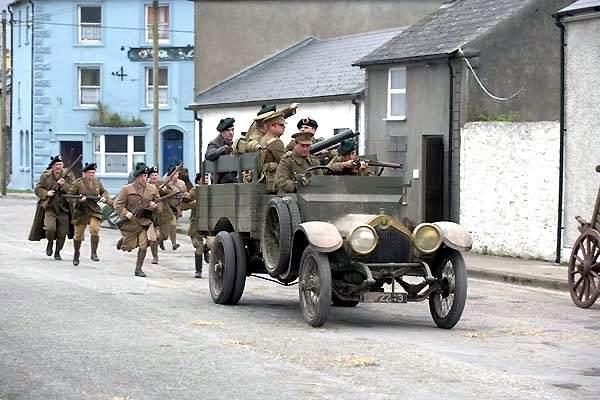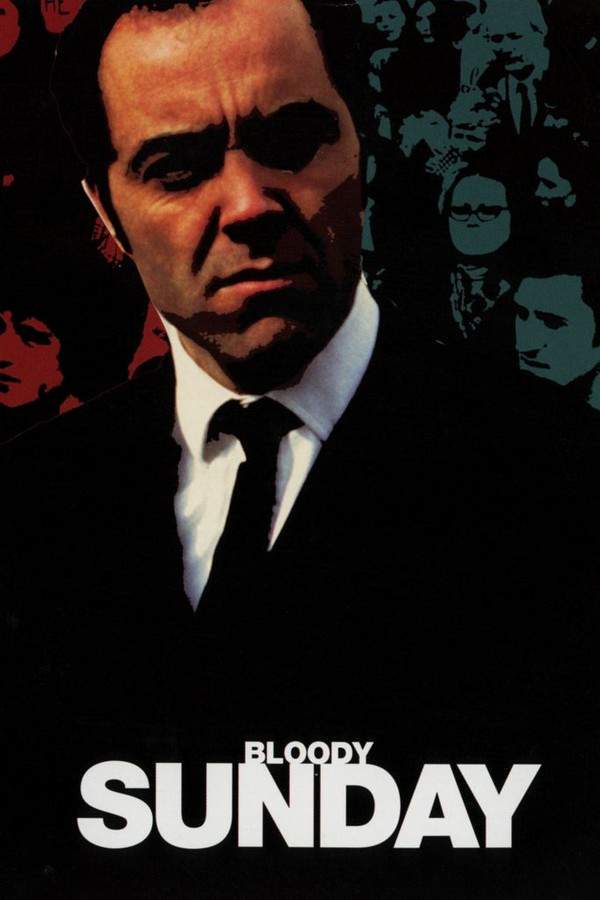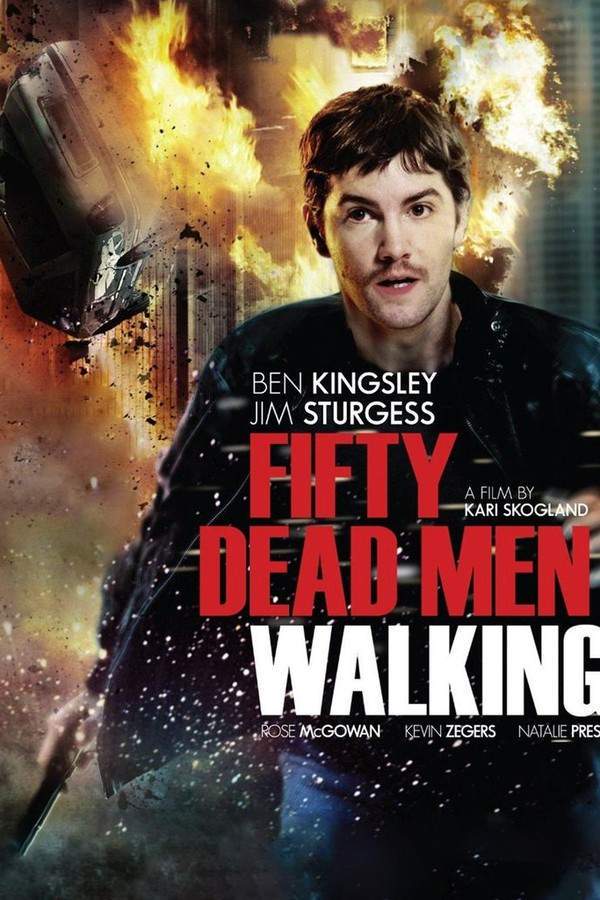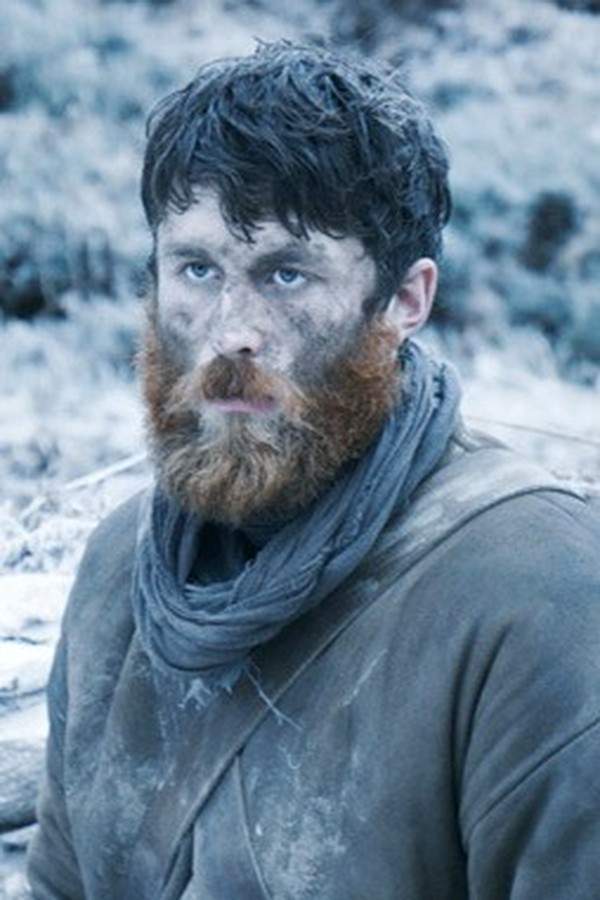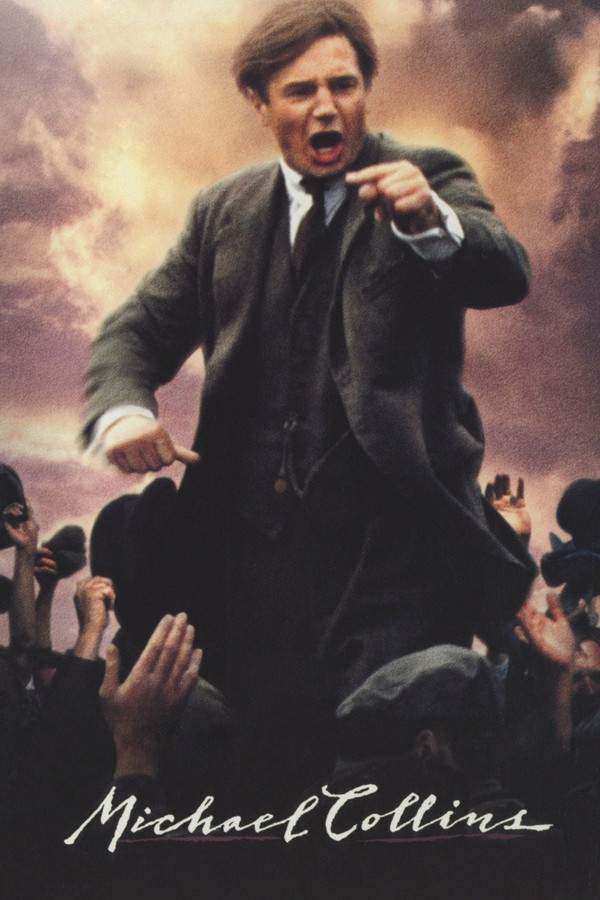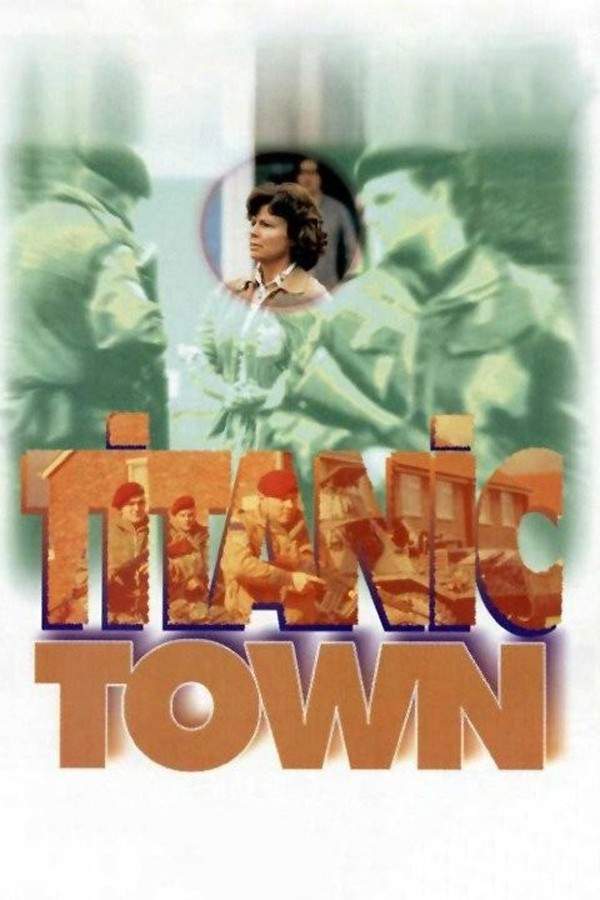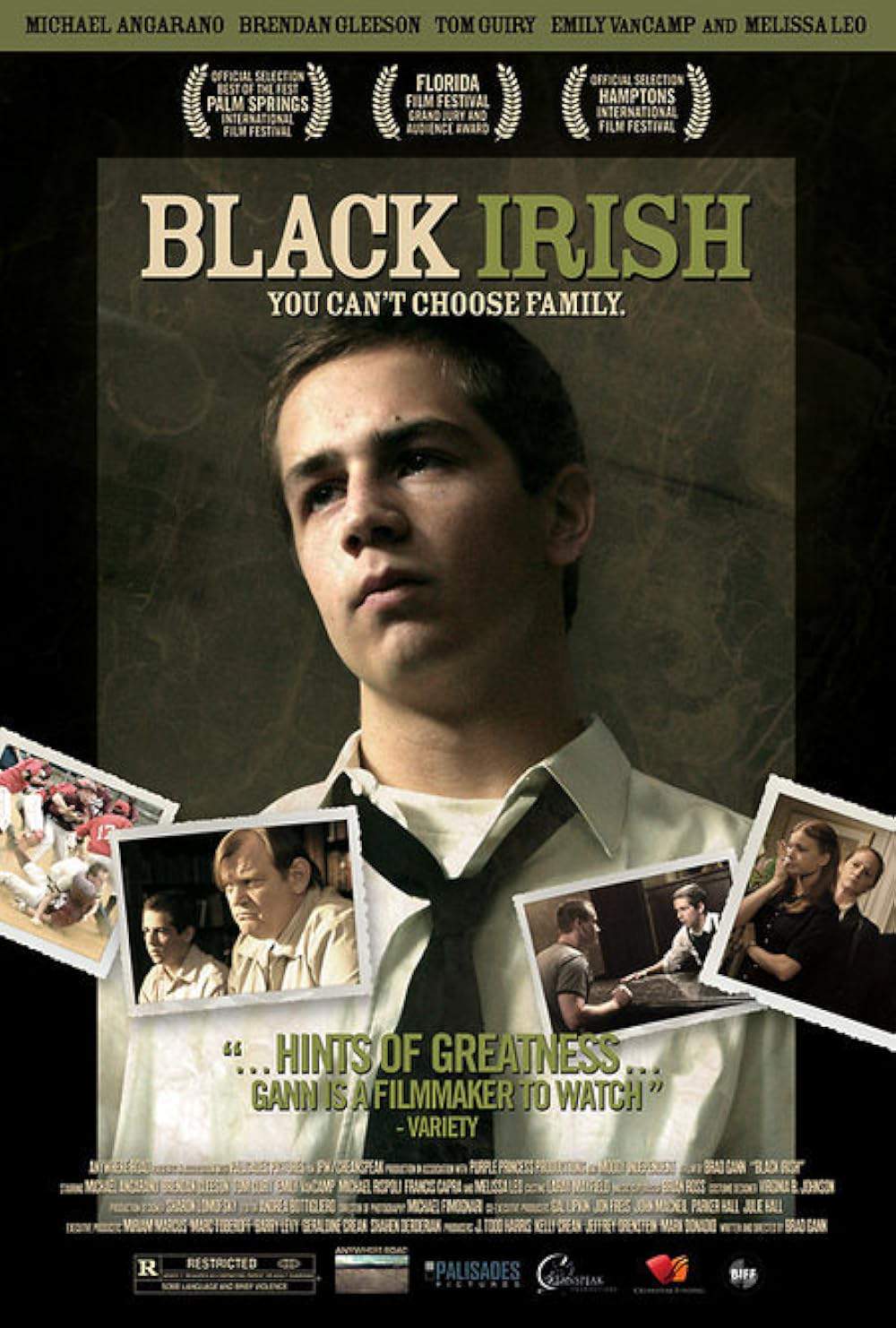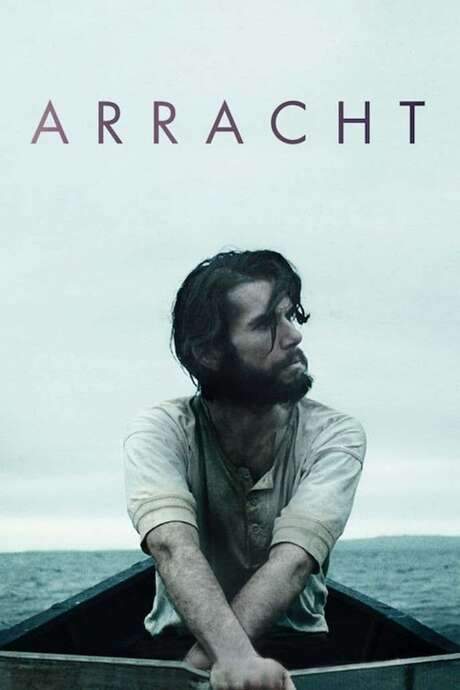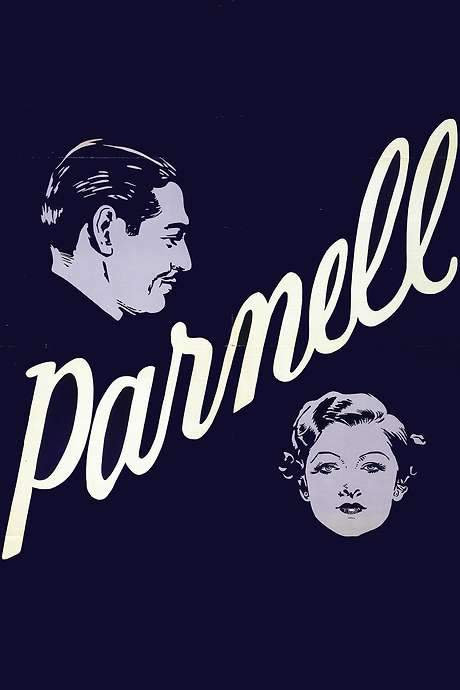The Wind That Shakes the Barley 2007

In 1920s Ireland, a doctor's plans to leave for London are disrupted by the escalating conflict with British forces. He joins his brother in the Irish Republican Army, fighting for independence. However, the brothers find themselves increasingly divided by differing beliefs and the devastating realities of war, testing their loyalty and the fragile hope for a free nation.
Does The Wind That Shakes the Barley have end credit scenes?
No!
The Wind That Shakes the Barley does not have end credit scenes. You can leave when the credits roll.
Meet the Full Cast and Actors of The Wind That Shakes the Barley
Explore the complete cast of The Wind That Shakes the Barley, including both lead and supporting actors. Learn who plays each character, discover their past roles and achievements, and find out what makes this ensemble cast stand out in the world of film and television.
External Links and Streaming Options
Discover where to watch The Wind That Shakes the Barley online, including streaming platforms, rental options, and official sources. Compare reviews, ratings, and in-depth movie information across sites like IMDb, TMDb, Wikipedia or Rotten Tomatoes.
Ratings and Reviews for The Wind That Shakes the Barley
See how The Wind That Shakes the Barley is rated across major platforms like IMDb, Metacritic, and TMDb. Compare audience scores and critic reviews to understand where The Wind That Shakes the Barley stands among top-rated movies in its genre.

82
Metascore
7.6
User Score


%
TOMATOMETER

0%
User Score

74
%
User Score
Take the Ultimate The Wind That Shakes the Barley Movie Quiz
Challenge your knowledge of The Wind That Shakes the Barley with this fun and interactive movie quiz. Test yourself on key plot points, iconic characters, hidden details, and memorable moments to see how well you really know the film.
The Wind That Shakes the Barley Quiz: Test your knowledge on the poignant and tragic events of 'The Wind That Shakes the Barley'.
In what year does the movie 'The Wind That Shakes the Barley' take place?
1920
1916
1945
1939
Show hint
Awards & Nominations for The Wind That Shakes the Barley
Discover all the awards and nominations received by The Wind That Shakes the Barley, from Oscars to film festival honors. Learn how The Wind That Shakes the Barley and its cast and crew have been recognized by critics and the industry alike.
4th Irish Film & Television Awards 2007


Best Actor in a Supporting Role – Film
Full Plot Summary and Ending Explained for The Wind That Shakes the Barley
Read the complete plot summary of The Wind That Shakes the Barley, including all major events, twists, and the full ending explained in detail. Explore key characters, themes, hidden meanings, and everything you need to understand the story from beginning to end.
In County Cork, Ireland, during the tumultuous year of 1920, Damien O’Donovan is on the verge of leaving his rural hometown to pursue a career in medicine at a hospital in London. However, his path takes a dramatic turn when he witnesses the brutal execution of his friend Micheál Ó Súilleabháin at the hands of the British Black and Tans for defying orders. This shocking event deeply unsettles him, prompting him to reconsider his decision to forsake his homeland. Although he initially resists the urging of friends to join the Irish Republican Army (IRA), saying the fight is futile, Damien ultimately chooses to stay and is inducted into the IRA’s local brigade led by his brother, Teddy (Liam Cunningham).
After training in the rugged mountains, the brigade embarks on a mission to storm the local Royal Irish Constabulary barracks for firearms, subsequently using these weapons to execute four Auxiliary members. Tensions escalate when Sir John Hamilton, a powerful Anglo-Irish landowner, employs one of his servants, Chris Reilly, to relay intelligence to the British authorities, leading to the arrest of the entire brigade. While incarcerated, Damien encounters Dan, a train engineer and union advocate, who shares his socio-political beliefs.
The saga intensifies as British officers subject Teddy to horrific torture, pulling out his fingernails when he refuses to divulge information about the IRA’s operations. In a twist of fate, a British soldier of Irish descent, Johnny Gogan, aids in their escape, although not all prisoners are freed. As the betrayal by Sir John and Chris is exposed, both men find themselves captured by the IRA. With Teddy recovering from his injuries, Damien is placed in a position of command. The situation worsens when news arrives that the remaining IRA prisoners have endured brutal torture followed by execution, compelling the brigade to act against their foes decisively.
Caught in a moral quandary, Damien ultimately finds himself in a position where he must execute Chris—his childhood friend—and Sir John, with the orders to eradicate the spies. Soon after, the brigade successfully ambushes an Auxiliary convoy, prompting a retaliatory assault by the British on the farmhouse of Damien’s love interest, Sinéad (Padraic Delaney), a member of Cumann na mBan. Sinéad endures a horrifying ordeal as her house is burned, resulting in a traumatic attack that sees her suffering physical harm.
The cultural landscape transforms after the signing of the Anglo-Irish Treaty, which offers Ireland Dominion status within the British Empire, yet sparks a division among the brigade. As the conflict intensifies between those advocating for the Treaty and those yearning for a fully independent Republic, the tension reaches a boiling point. Teddy argues for acceptance of the Treaty to secure peace, while Damien and Dan demand a more radical approach, advocating for the collective control of industry and agriculture.
With the establishment of the Irish Free State, Damien and his faction resist the new order and align with the Anti-Treaty IRA. The eruption of the Irish Civil War leads them to initiate guerrilla warfare against the Free State army, inciting fear in Teddy of possible British invasion if the republicans gain strength. As conflict escalates, tragedy strikes when Dan is killed, and Damien is apprehended during a raid, culminating in his death sentence.
As he awaits execution beside Teddy, who commands the firing squad, the brothers face an agonizing reckoning. Teddy, desperate to save Damien, implores him to betray his allies in exchange for amnesty and a life with Sinéad. Bruised by this proposition, Damien proudly refuses to “sell out” the Republic. In his final moments, he pens a heartfelt letter to Sinéad, reiterating his unwavering beliefs and quoting Dan’s poignant reflection: > “It’s easy to know what you’re against, quite another to know what you’re for.” Damien meets his fate at dawn, showing resolve and unyielding love for his country. In his grief, Teddy delivers Damien’s farewell to Sinéad, who, consumed by sorrow, lashes out in anger and heartbreak as she confronts the tragic reality of their divided lives.
Uncover the Details: Timeline, Characters, Themes, and Beyond!

Coming soon on iOS and Android
The Plot Explained Mobile App
From blockbusters to hidden gems — dive into movie stories anytime, anywhere. Save your favorites, discover plots faster, and never miss a twist again.
Sign up to be the first to know when we launch. Your email stays private — always.
Watch Trailers, Clips & Behind-the-Scenes for The Wind That Shakes the Barley
Watch official trailers, exclusive clips, cast interviews, and behind-the-scenes footage from The Wind That Shakes the Barley. Dive deeper into the making of the film, its standout moments, and key production insights.
Cars Featured in The Wind That Shakes the Barley
Explore all cars featured in The Wind That Shakes the Barley, including their makes, models, scenes they appear in, and their significance to the plot. A must-read for car enthusiasts and movie buffs alike.
The Wind That Shakes the Barley Themes and Keywords
Discover the central themes, ideas, and keywords that define the movie’s story, tone, and message. Analyze the film’s deeper meanings, genre influences, and recurring concepts.
The Wind That Shakes the Barley Other Names and Titles
Explore the various alternative titles, translations, and other names used for The Wind That Shakes the Barley across different regions and languages. Understand how the film is marketed and recognized worldwide.
Similar Movies To The Wind That Shakes the Barley You Should Know About
Browse a curated list of movies similar in genre, tone, characters, or story structure. Discover new titles like the one you're watching, perfect for fans of related plots, vibes, or cinematic styles.
Quick Links: Summary, Cast, Ratings, More

What's After the Movie?
Not sure whether to stay after the credits? Find out!
Explore Our Movie Platform
New Movie Releases (2025)
Famous Movie Actors
Top Film Production Studios
Movie Plot Summaries & Endings
Major Movie Awards & Winners
Best Concert Films & Music Documentaries
Movie Collections and Curated Lists
© 2025 What's After the Movie. All rights reserved.


